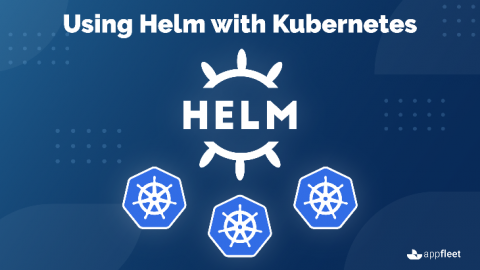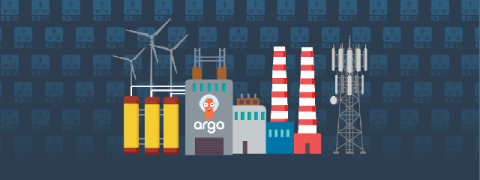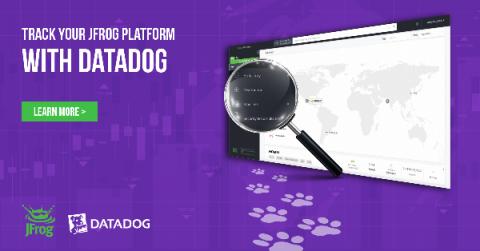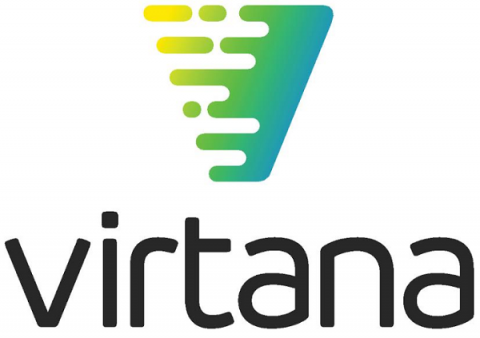Using Helm with Kubernetes
Kubernetes is a powerful orchestration system, however, it can be really hard to configure its deployment process. Specific apps can help you manage multiple independent resources like pods, services, deployments, and replica sets. Yet, each must be described in the YAML manifest file.











